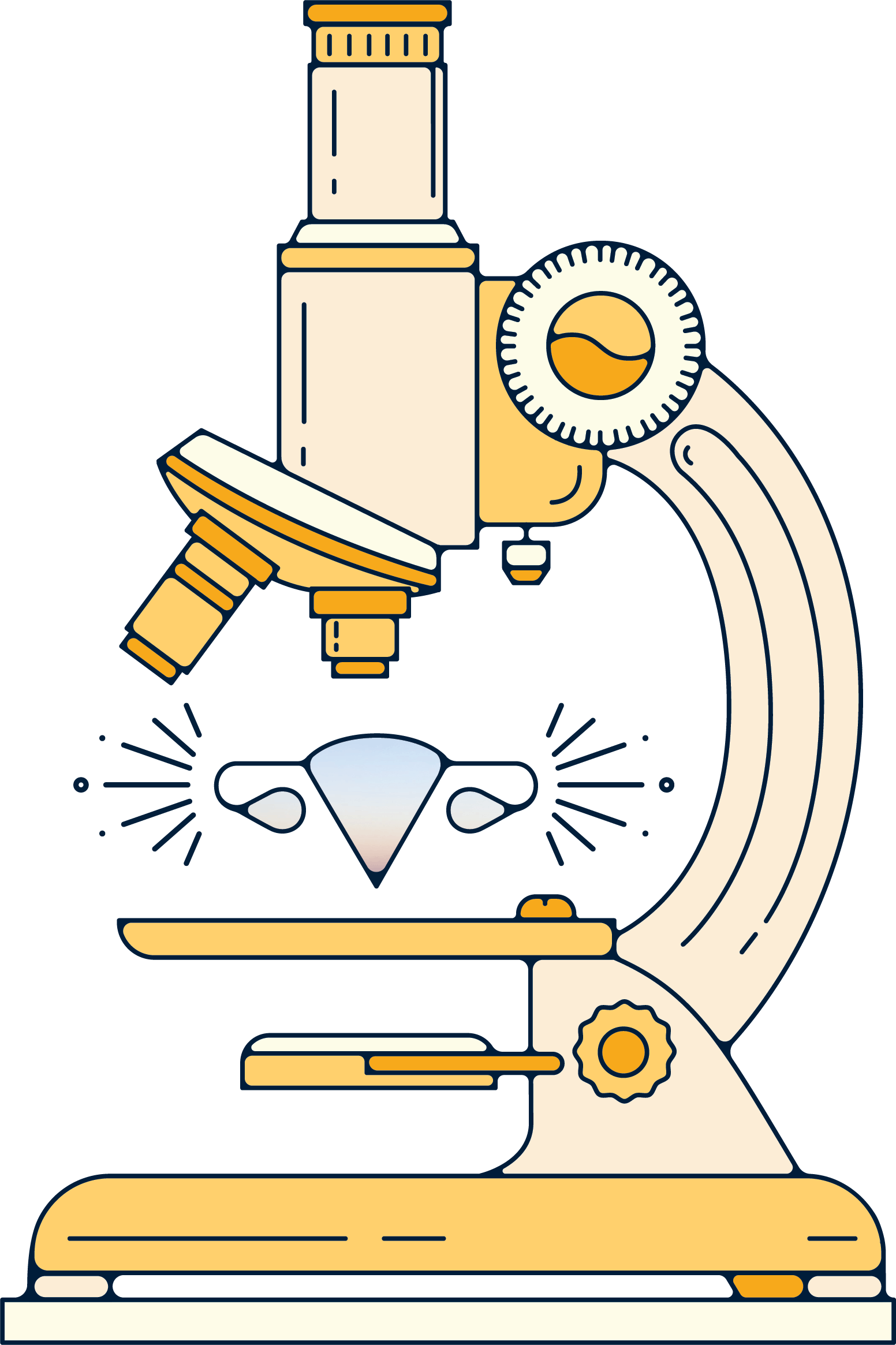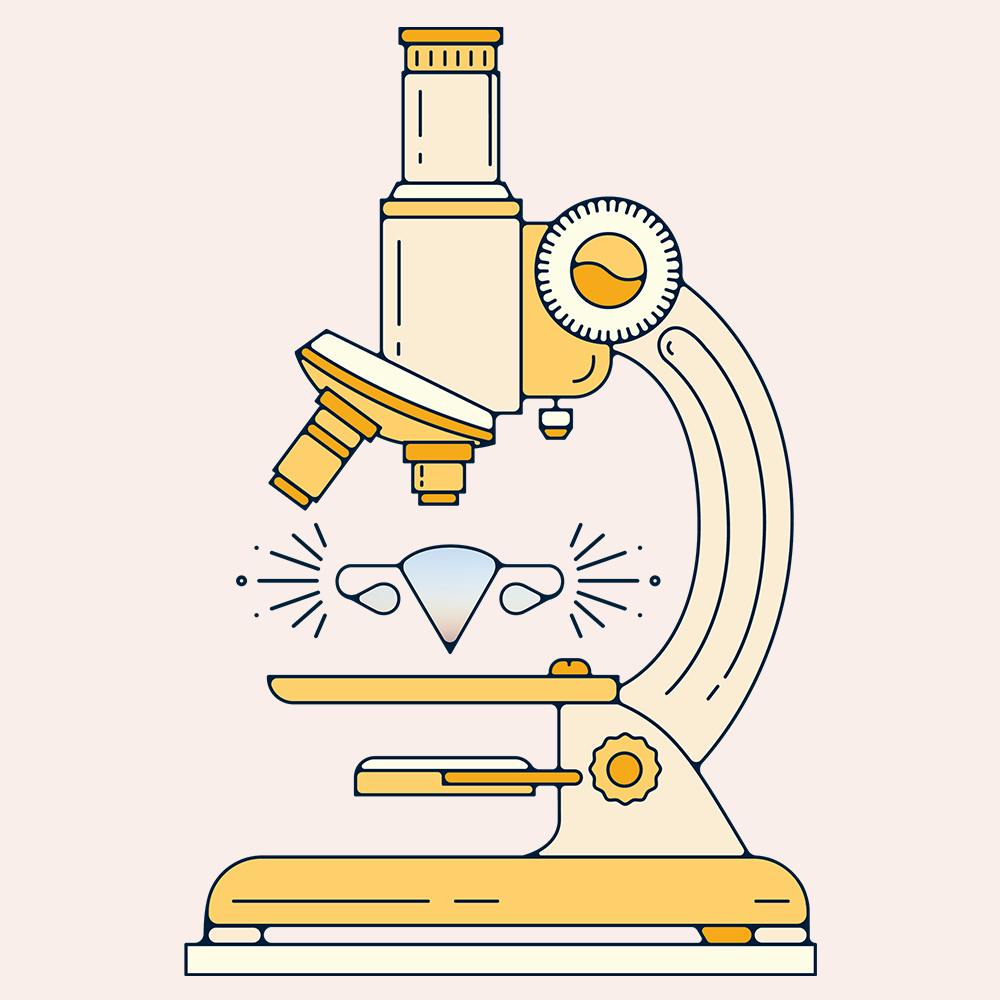Illustrated by Erin Rommel
Most of us have heard of the circadian rhythm — the way our bodies change throughout the day—but you may not have heard of the Infradian rhythm.
If you menstruate, your Infradian rhythm is an important piece of your health, and for many, it’s a missing piece.
The phrase “Infradian rhythm” refers to any biological cycle that’s more than 24 hours, says OBGYN Aimee Eyvazzadeh, MD, but one type of Infradian rhythm includes the changes that take place in hormones, skin, pain perception, and other aspects of health throughout the menstrual cycle.
Medical research often excludes people who are menstruating to avoid the effect their changing hormones may have on the results, which means a lot of health recommendations and trends you read about apply primarily to men and post-menopausal women, says nutritionist Alisa Vitti, author of In the FLO: Unlock Your Hormonal Advantage and Revolutionize Your Life.
For example, intermittent fasting, which involves waiting 16 or more hours between dinner and breakfast in order to lose weight, slow down ageing, or otherwise improve health, may actually backfire for menstruating people.
Research has found that women in their reproductive years can experience hormone imbalances, shrunken ovaries, and sleep problems if they wait more than 12 hours between dinner and breakfast, says Vitti.
Another trend, high-intensity interval training—very short bursts of intense cardio workouts—may not work for women during the second half of their cycles (between ovulation and menstruation).
47% of women display symptoms of a hormonal imbalance, according to one study, and Vitti believes this is largely because women aren’t aware of their hormone fluctuations throughout the month.
“Women being left out of research leaves women more vulnerable to disease that is often unnecessary, because if we had the research and the correct information, we’d be able to take correct actions to keep ourselves healthy,” Vitti explains.
“Right now, women are left in the dark about what is happening inside of them and don’t know what to do, especially in the case of our cycle. That is also wrapped up in a host of legacy cultural taboos and a mythology that devalues this as something that’s important.”
Eyvazzadeh agrees, explaining, “If you don't understand what is happening, then it can make you feel out of control. If you have even a very basic understanding of what your hormones do during your menstrual cycle, then you'll be able to adapt your behaviour to support your emotional and physical health.”
For example, some women experience water retention when their progesterone levels rise and get worried about it. If they knew to expect this, they could prepare by eating foods lower in sodium and carbs, or just be at peace with it when it happens.

“If women had a better understanding about what was happening and why, then they could adjust their behaviours to support their mental and physical health during the span of a cycle,” says Eyvazzadeh.
“They could get ahead of their symptoms through food, exercise, meditation, and behaviours that would help. Women are being treated with birth control pills and antidepressants and mood stabilisers rather than try lifestyle changes first.”
One of the best things women can do for their health, says Vitti, is to use a period-tracking app that helps them modify their diet, physical activity, sexual activity, and other aspects of their health according to where they are in their cycles.
“We are, of course, biologically different from men, and we have to have biologically specific forms of diet and fitness that optimise our internal ecosystem,” she says. It can also be helpful for a woman’s partner to know where she is in her cycle, so they can then support her if she’s dealing with any negative symptoms, says Eyvazzadeh.
Many women are in a constant battle with their bodies because they’re trying to force themselves to follow health recommendations that are really geared toward men, Vitti explains.
However, she says, “when you understand how your Infradian rhythm is impacting you, everything can start to flow. The idea is that you work with your system, your biological rhythm, and everything becomes easier. And you deserve to have the right to that experience.”






